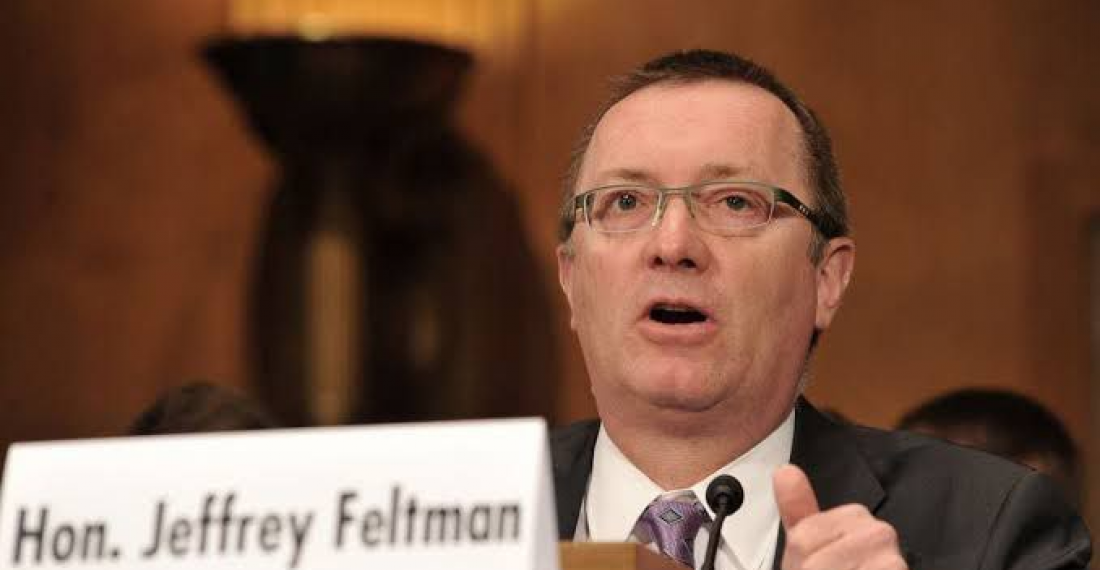In Ethiopia's Tigray region fighting has resumed between government forces and the local Tigray People's Liberation Front (TPLF) forces. On Friday (13 August), government forces took control of Maychew and Ambalagie, which are both strategic towns in the southern part of Tigray. The government forces are reportedly also planning to advance towards the region's capital, Mekelle.
Official Ethiopian media said the TPLF suffered defeats in several battlefronts. The offensive is the government's first move after it had unilaterally declared a ceasefire in June. Last week, the Ethiopian government called its people to stop the TPLF once and for all. The government also had declared TPLF as a terrorist group.
The United States said it will send Jeffrey Feltman, United States Special Envoy for the Horn of Africa, to Ethiopia, Djibouti and UAE to bring Ethiopian parties to the negotiating table and discuss opportunities to promote peace, stability, and prosperity in the region. The US government has a wide arsenal of tools to coerce Ethiopia ranging from sanctions to pressure on international financial institutions that support Ethiopia.
The determination of the American side can be explained by the deterioration of the humanitarian situation and the denial of the human rights violations by the Ethiopian side.
This time, the TPLF are not alone in the battle. TPLF forces are joined by the Oromo Liberation Army (OLA) in an alliance. OLA hails from Oromiya, Ethiopia's most populated region.
source: commonspace.eu with APA (Dakar) and Al Arabiya (Riyadh).
photo: US special envoy to the Horn of Africa Jeffrey Feltman; Twitter: @AddisZeybe.







